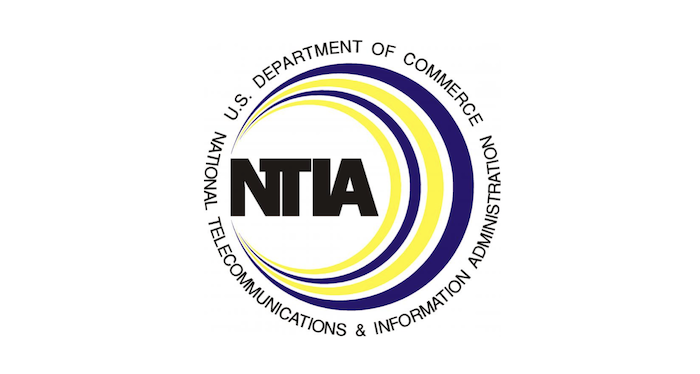The NTIA has released new guidance clarifying how states can use broadband funding for technologies like Low Earth Orbit (LEO) satellite and unlicensed fixed wireless. The final policy, the Alternative Broadband Technology Policy Notice, provides states with more flexibility and simplified processes for funding these “alternative technologies,” particularly in remote areas. This guidance aims to help states select the most effective technology for each location under the BEAD program.
To encourage participation from LEO satellite providers, NTIA says it’s reduced barriers, offering states the option to reimburse based on subscriber milestones or the number of locations served. Additionally, certain obligations, such as letter of credit and consumer equipment requirements, have been adjusted to facilitate LEO involvement while maintaining taxpayer and consumer protections.
NTIA released draft guidance on the use of alternative broadband technology under BEAD in August 2024, Inside Towers reported. In response, the NTIA reviewed 138 comments from various stakeholders, leading to the final policy.
David Zumwalt, President and CEO of WISPA – The Association for Broadband Without Boundaries, called the move a “welcome change that will help states use their BEAD money to reach all who lack broadband.” He added, “It creates a larger role for cost-effective and efficient technology solutions – such as unlicensed fixed wireless (uFW) spectrum – from which states can choose for their BEAD deployments, thereby promoting greater participation and competition, and making finite BEAD dollars go further.”
Zumwalt also explains the guidance represents an official acknowledgment that BEAD’s fiber focus alone cannot meet the Infrastructure Law’s mandate to get all online.
By Leslie Stimson, Inside Towers Washington Bureau Chief





Reader Interactions